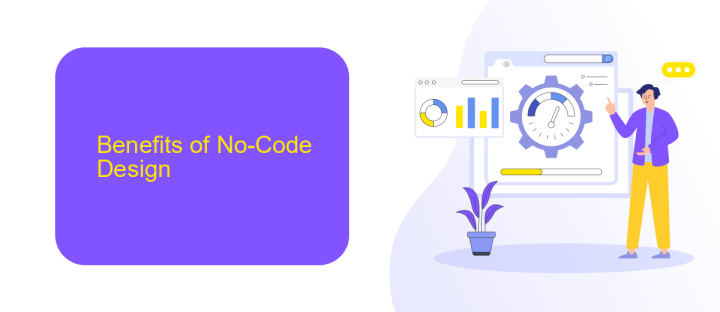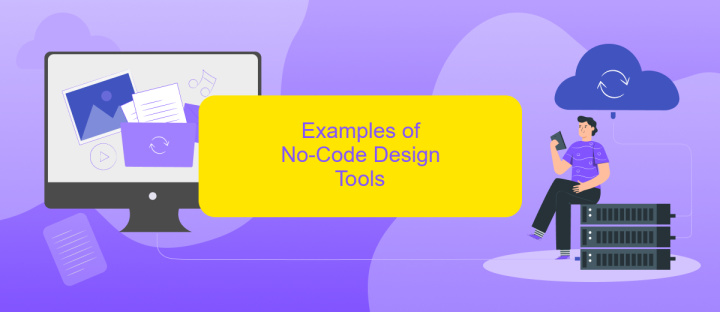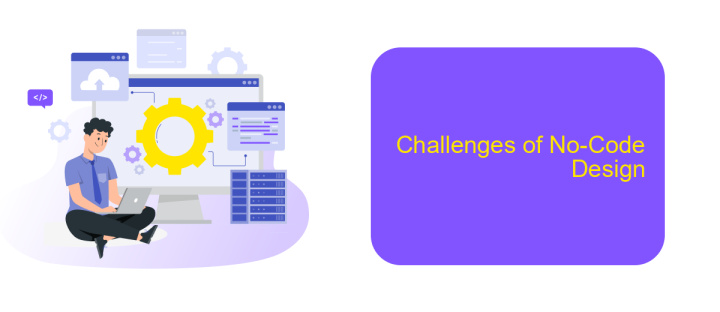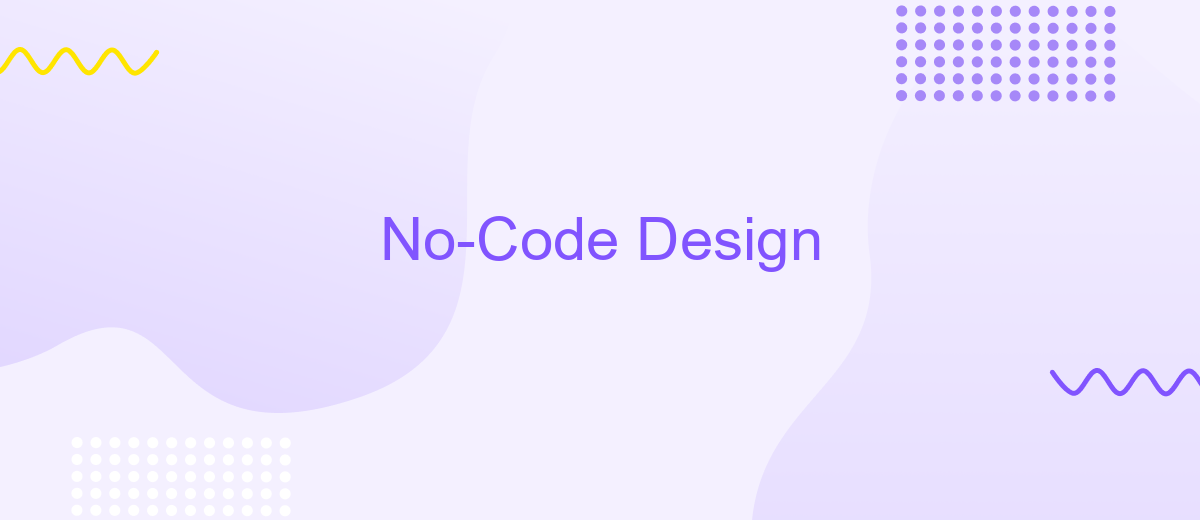No-Code Design
In the rapidly evolving landscape of digital design, no-code platforms are revolutionizing the way we create and innovate. By eliminating the need for traditional coding skills, these tools empower designers and entrepreneurs to bring their visions to life with unprecedented ease and efficiency. This article explores the transformative impact of no-code design and its potential to democratize the creative process.
Introduction to No-Code Design
No-Code Design is revolutionizing the way we approach web and app development by enabling individuals without technical skills to create functional and aesthetically pleasing digital products. This approach leverages intuitive visual interfaces and pre-built components, making the design process more accessible and efficient.
- Empowers non-technical users to build and customize digital products
- Reduces development time and costs significantly
- Encourages rapid prototyping and iteration
- Facilitates seamless integration with various tools and services
One of the key benefits of No-Code Design is its ability to integrate with other services effortlessly. Tools like ApiX-Drive make it simple to connect your no-code creations with external applications and automate workflows. This not only enhances functionality but also streamlines operations, allowing creators to focus on innovation rather than technical complexities.
Benefits of No-Code Design

No-code design empowers individuals and businesses to create functional, visually appealing applications without the need for extensive coding knowledge. This democratization of technology allows non-technical users to bring their ideas to life quickly and efficiently, reducing dependency on specialized developers. By utilizing intuitive drag-and-drop interfaces and pre-built templates, users can focus on creativity and user experience, rather than getting bogged down by complex coding processes.
Another significant benefit of no-code design is its ability to streamline integrations with various services and platforms. Tools like ApiX-Drive facilitate easy connections between different applications, automating workflows and enhancing productivity. This seamless integration capability ensures that businesses can optimize their operations without the need for extensive technical intervention. As a result, no-code design not only accelerates development timelines but also reduces costs, making it an attractive option for startups and established companies alike.
Examples of No-Code Design Tools

No-code design tools have revolutionized the way designers and non-designers alike can create stunning visuals without writing a single line of code. These tools are user-friendly and often come with drag-and-drop interfaces, making the design process accessible to everyone.
- Webflow: A powerful tool for designing responsive websites visually. It allows users to create professional-grade websites without coding.
- Figma: A collaborative interface design tool that enables multiple users to work on the same project in real-time. It’s perfect for UI/UX design.
- Bubble: This platform allows users to build web applications without code. It offers a comprehensive set of features to design and launch apps.
- ApiX-Drive: A service that simplifies the integration of various applications and services, allowing users to automate workflows without needing to code.
- Canva: A versatile tool for creating graphics, presentations, and social media content with an easy-to-use drag-and-drop interface.
These tools not only save time but also empower individuals and teams to bring their creative ideas to life without the traditional barriers of coding. Whether you're building a website, designing an app, or creating marketing materials, no-code design tools offer a plethora of options to meet your needs.
Challenges of No-Code Design

No-code design has revolutionized the way we create and deploy applications, but it comes with its own set of challenges. One of the primary issues is the limited customization options. While no-code platforms offer a range of templates and pre-built components, they often lack the flexibility required for highly specialized or unique designs.
Another challenge is scalability. As your project grows, the limitations of no-code platforms can become more apparent. These platforms may not be able to handle complex functionalities or large volumes of data, requiring a transition to more robust solutions.
- Limited customization options
- Scalability issues
- Dependency on third-party services
- Security concerns
Additionally, integrating various services can be cumbersome. While tools like ApiX-Drive simplify the process of connecting different applications, they still require a certain level of technical knowledge. Finally, security concerns cannot be overlooked. No-code platforms might not offer the same level of security as custom-coded solutions, making them vulnerable to attacks.


The Future of No-Code Design
The future of no-code design is poised to revolutionize the way we approach digital creation. As technology continues to advance, no-code platforms are becoming more sophisticated, allowing users to create complex applications and websites without any programming knowledge. This democratization of technology empowers not only designers but also entrepreneurs, small business owners, and anyone with a creative idea to bring their visions to life. The ease of use and accessibility of no-code tools are breaking down barriers, making digital innovation more inclusive than ever before.
One of the key aspects of this future is the seamless integration of various services and tools. Platforms like ApiX-Drive are at the forefront of this movement, enabling users to effortlessly connect different applications and automate workflows without writing a single line of code. This not only saves time but also enhances productivity and efficiency. As no-code design continues to evolve, we can expect even more powerful integrations and features, further simplifying the process of digital creation and making it accessible to a broader audience.
FAQ
What is No-Code Design?
Who can benefit from No-Code Design tools?
Can No-Code Design tools handle complex projects?
How can I integrate and automate processes in a No-Code environment?
Are No-Code Design tools secure?
Time is the most valuable resource in today's business realities. By eliminating the routine from work processes, you will get more opportunities to implement the most daring plans and ideas. Choose – you can continue to waste time, money and nerves on inefficient solutions, or you can use ApiX-Drive, automating work processes and achieving results with minimal investment of money, effort and human resources.

